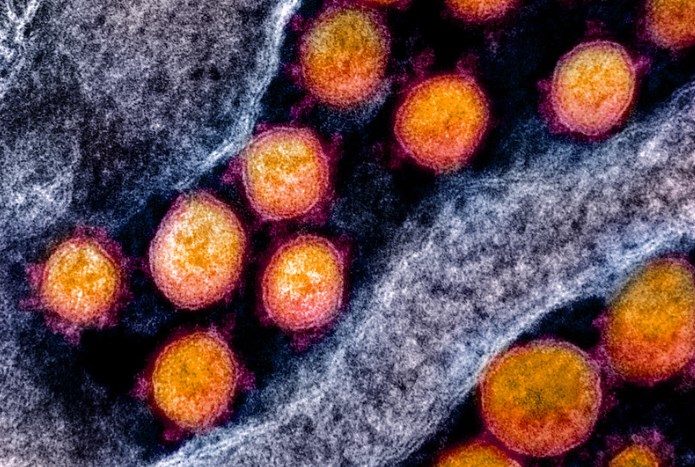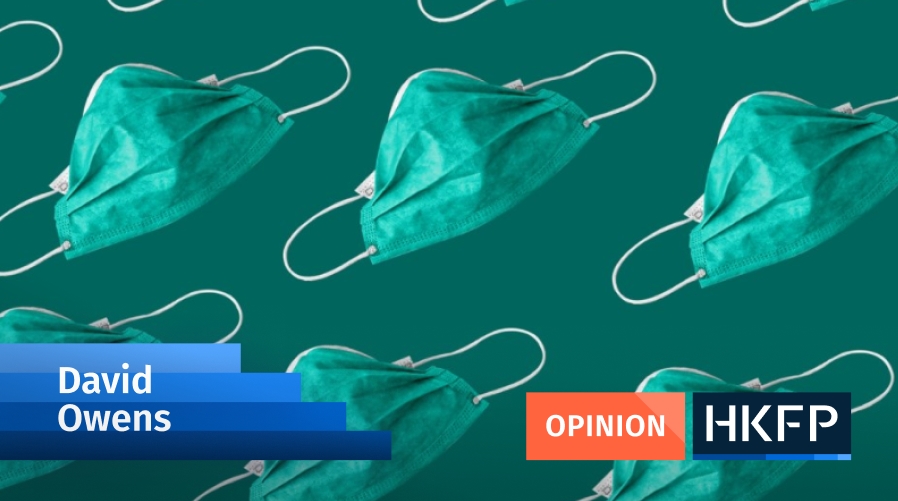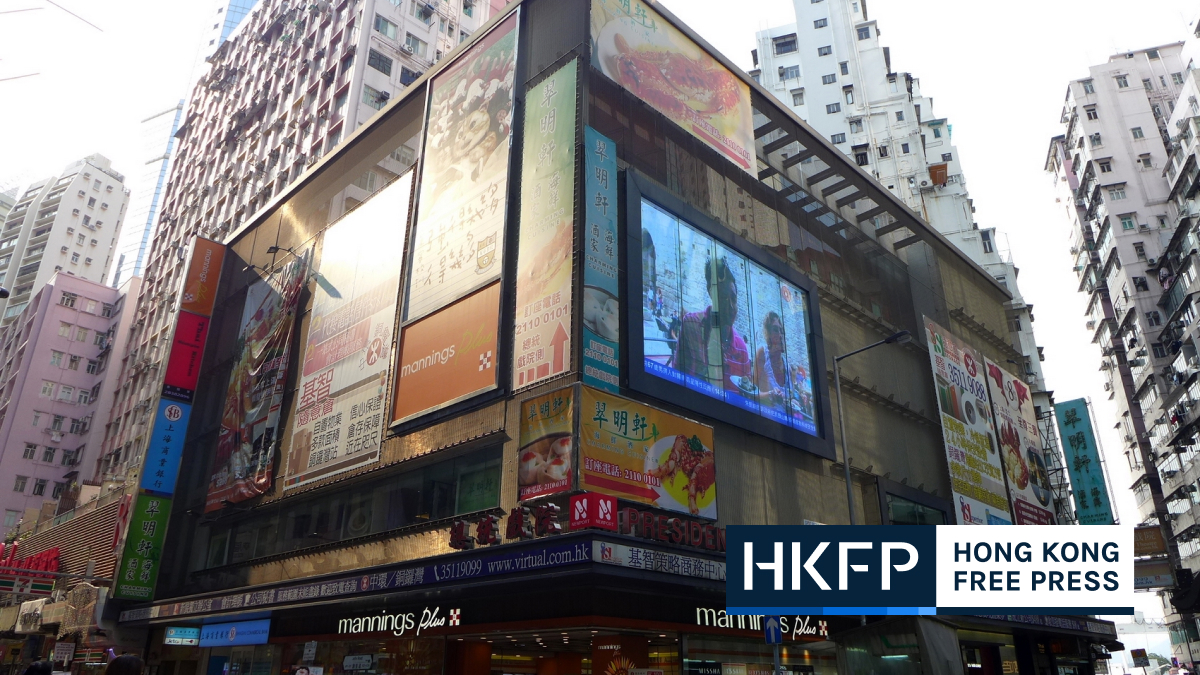By Candice Chau, Tom Grundy and Peter Lee.
Hong Kong health authorities have refused to disclose data on what type of vaccine patients with the Omicron variant of Covid-19 have taken. The city is seeing an unprecedented surge in infections as the more contagious – but less lethal – variant sweeps across Hong Kong.
When HKFP made enquiries on Wednesday, a spokesperson for the Food and Health Bureau said that the information on patient vaccine types was “not readily available.”

HKFP has submitted a Code on Access to Information request.
University of Hong Kong (HKU) epidemiologist Ben Cowling told HKFP on Thursday that it would “definitely” be beneficial to see more details: “It would be very valuable to have local real-world data on how well vaccines are protecting individuals of different ages against infection and against severe disease.”
Sinovac efficacy
Multiple studies have shown that the Chinese-made Sinovac jab offers a poorer first line of defence against the more transmissible Omicron variant, when compared to the German-developed BioNTech vaccine. Hongkongers aged 12 and above currently have a choice of either vaccine. Children aged 5 to 11 can currently receive the Sinovac jab. From February 16, kids in that age group will also be able to take the BioNTech jab, too.
Research published last December by HKU and Chinese University of Hong Kong (CUHK) concluded that a course of three Sinovac jabs “does not provide adequate levels of protective antibody.” Meanwhile, researchers at Yale also published results in the journal Nature Medicine last month showing that two shots of Sinovac in the Dominican Republic were “of no help against the widely circulating omicron variant.”

When asked by HKFP about the efficacy of Sinovac at Tuesday’s Covid-19 briefing, Director of Health Ronald Lam said there was already “quite abundant data” from studies showing that “both vaccines are quite effective in producing the T-cell response.”
T-cells are able to provide a “brute force” form of defence if antibodies are unable to prevent infections. However, HKU’s Cowling told HKFP on Thursday that the “assertion is hypothetical at this stage.”

He added that both BioNTech and Sinovac were limited in providing a first line of defence against Omicron, but it was “particularly limited” with Sinovac.
To date, 31.59 per cent of Hong Kong residents aged 60 or above have received two doses of Sinovac. Health authorities have set a target of 90 per cent vaccination rate among citizens.
Hong Kong has recorded 18,794 cases and 216 deaths since the beginning of the pandemic.
Support HKFP | Policies & Ethics | Error/typo? | Contact Us | Newsletter | Transparency & Annual Report | Apps
Help safeguard press freedom & keep HKFP free for all readers by supporting our team















